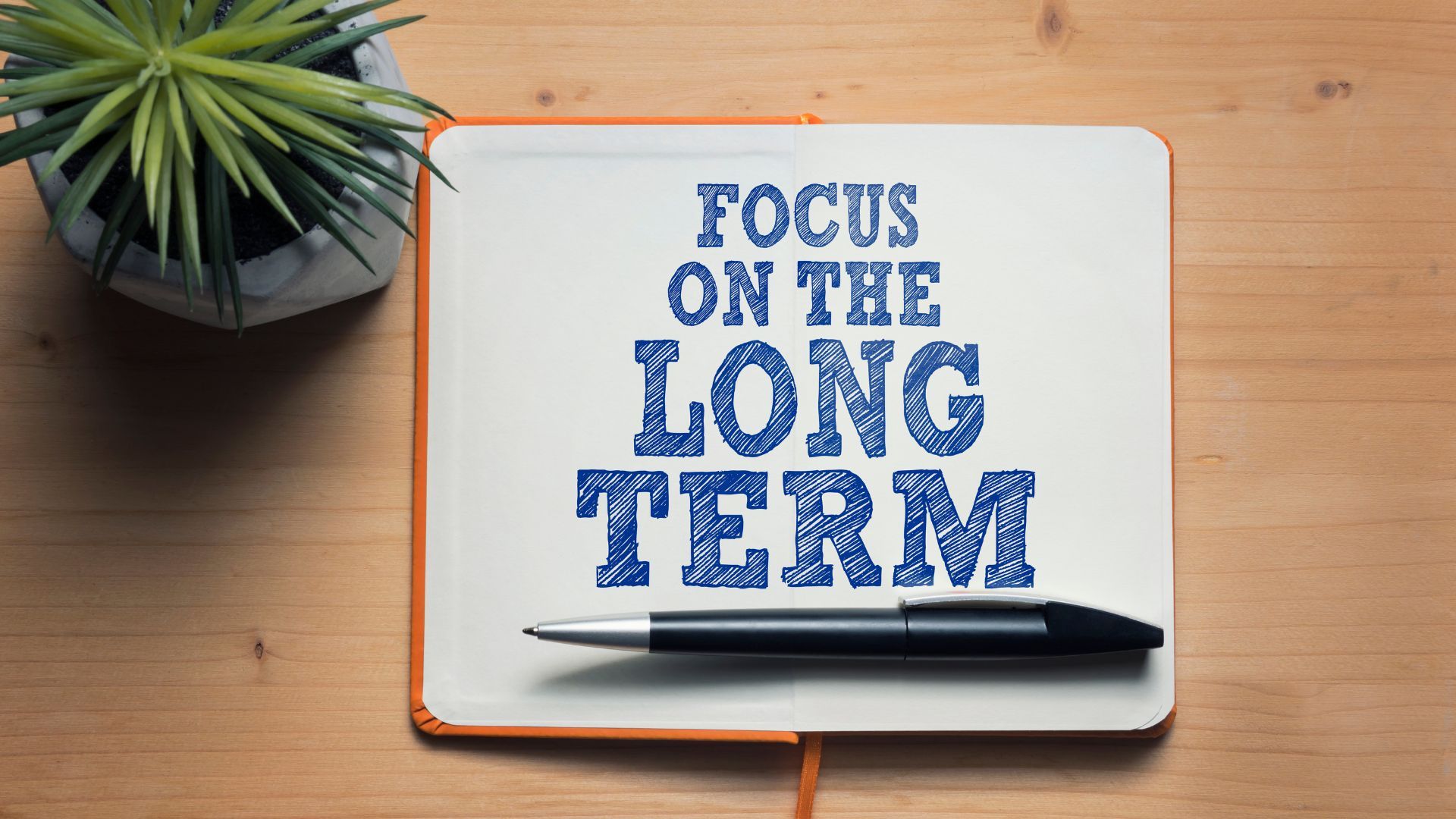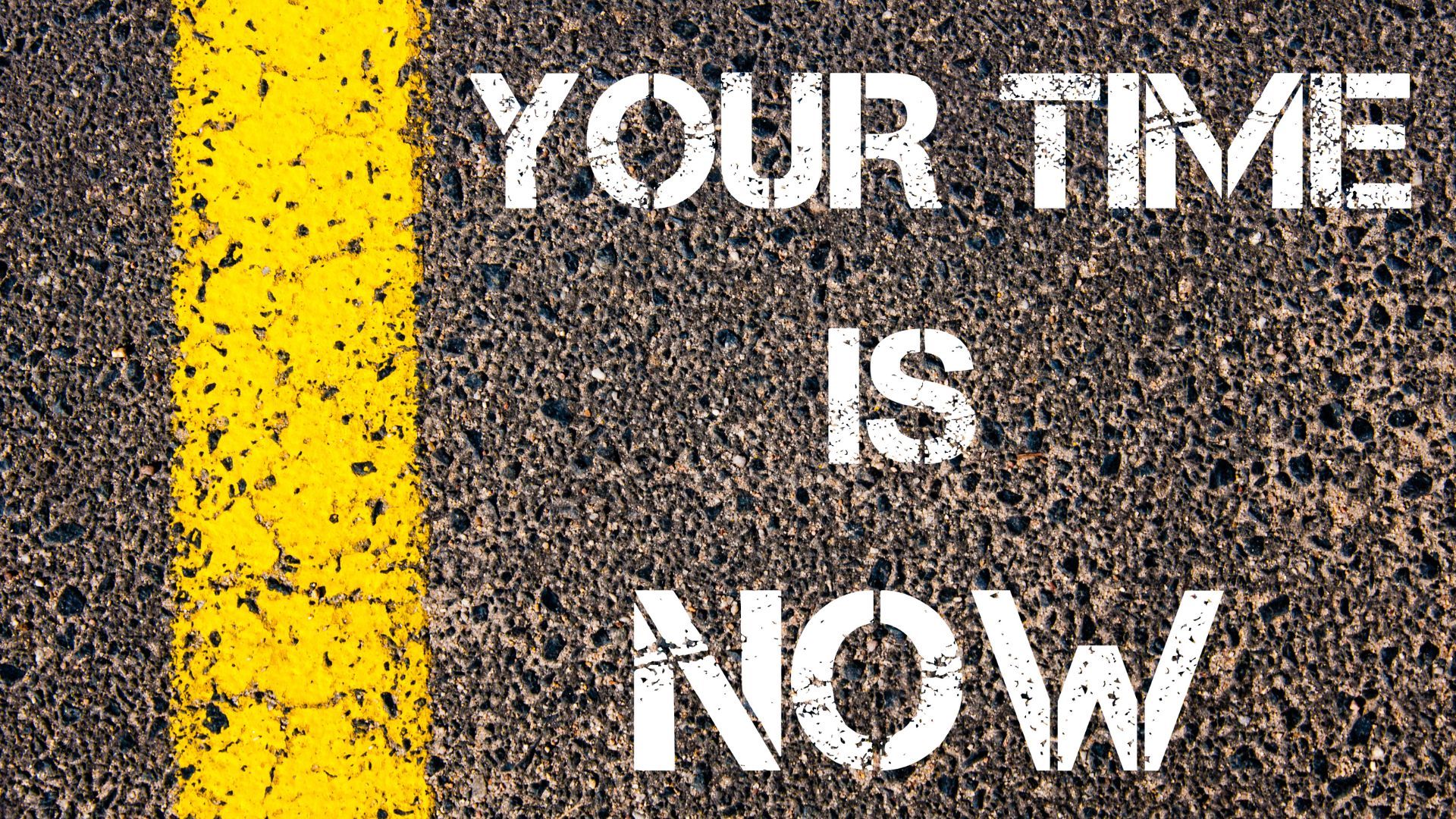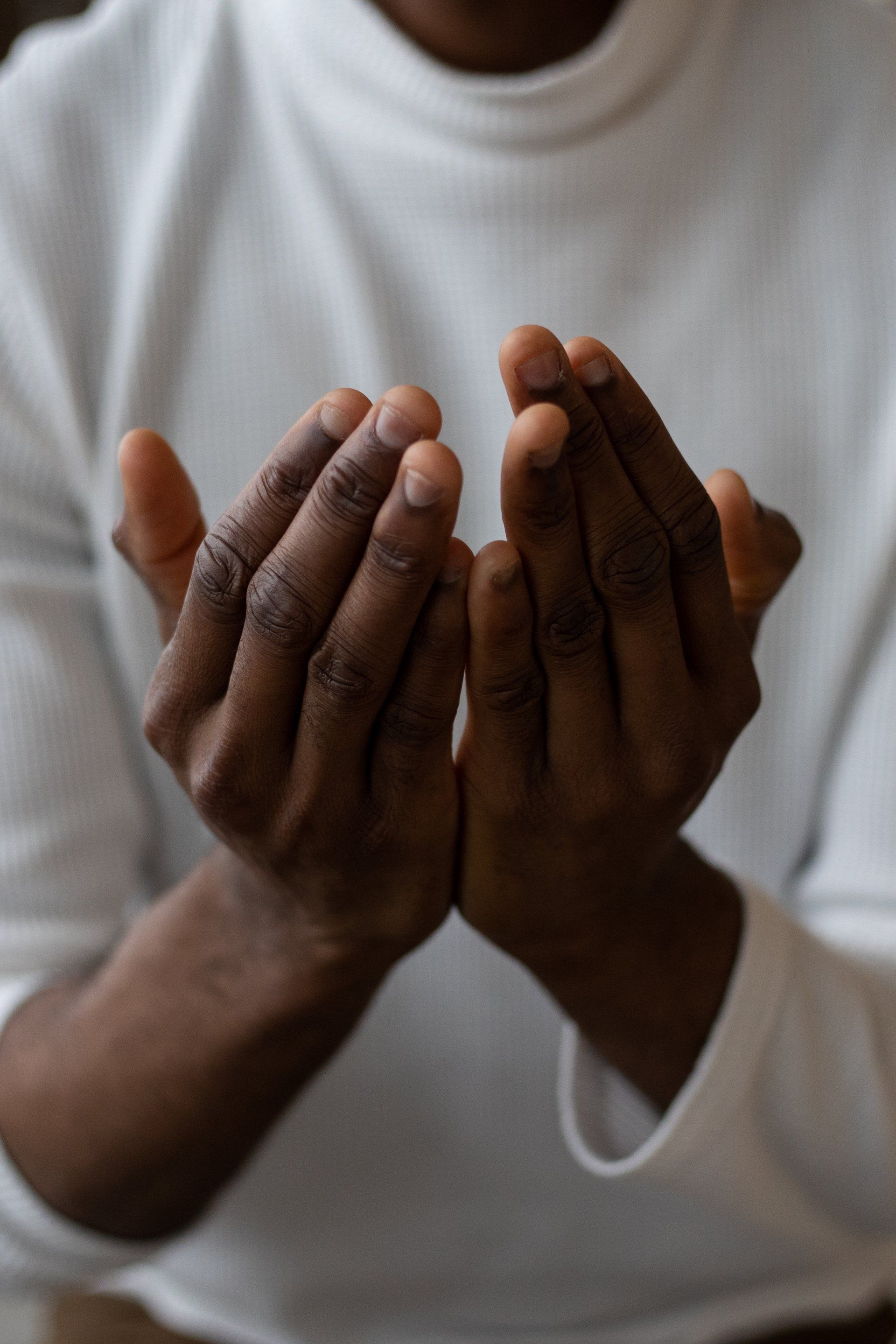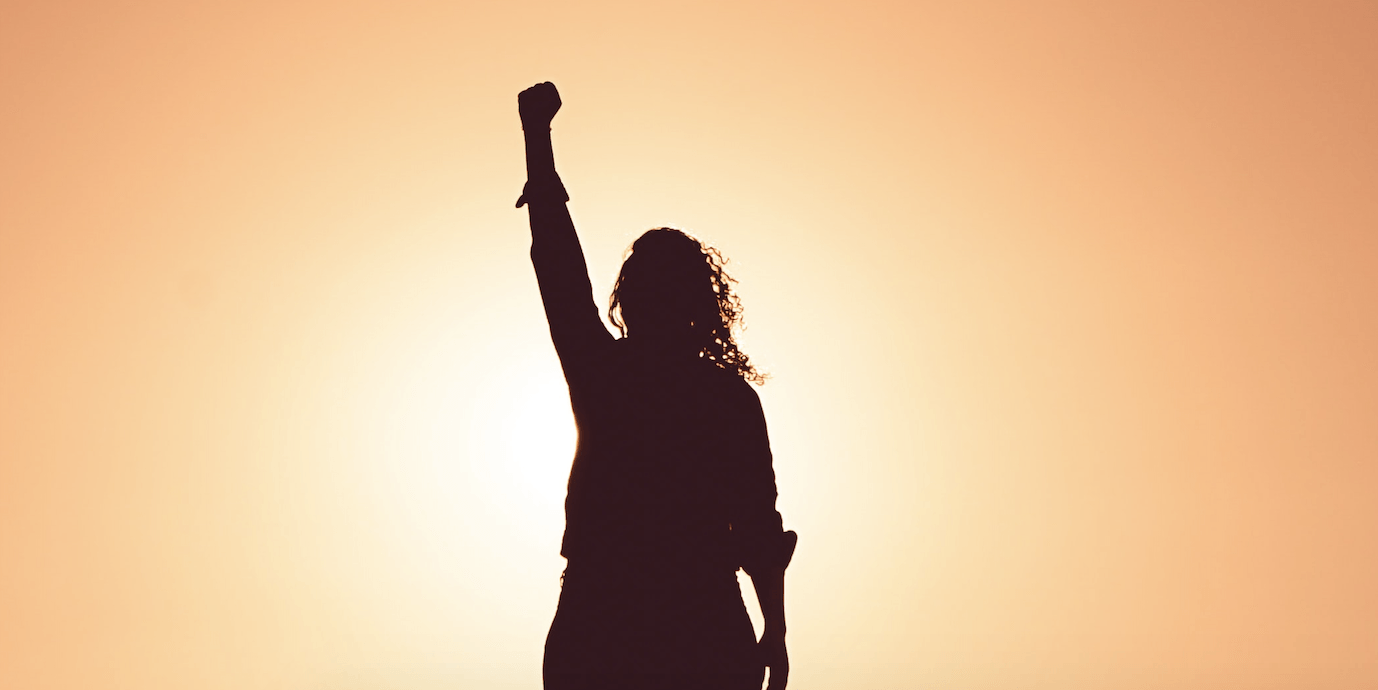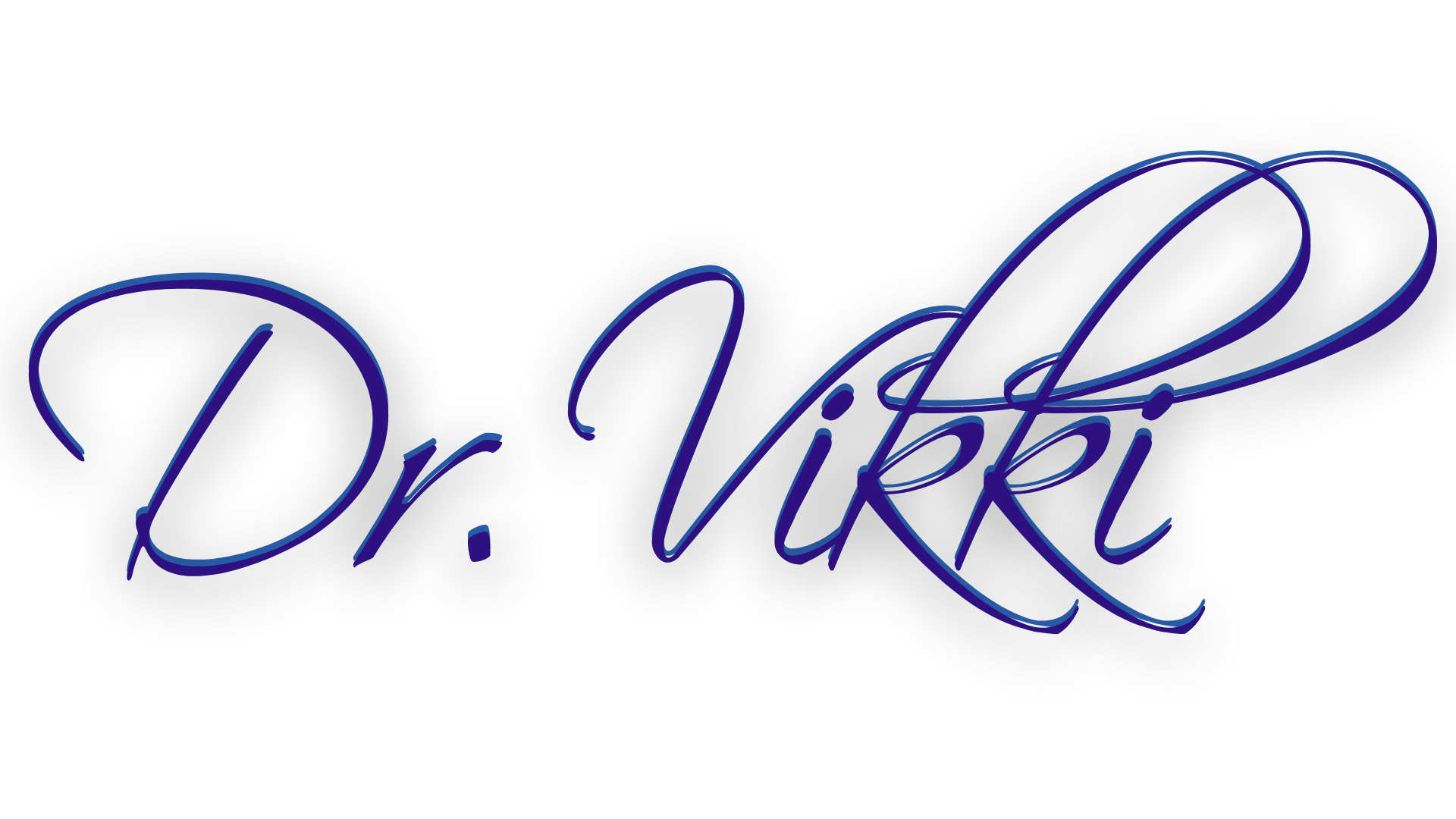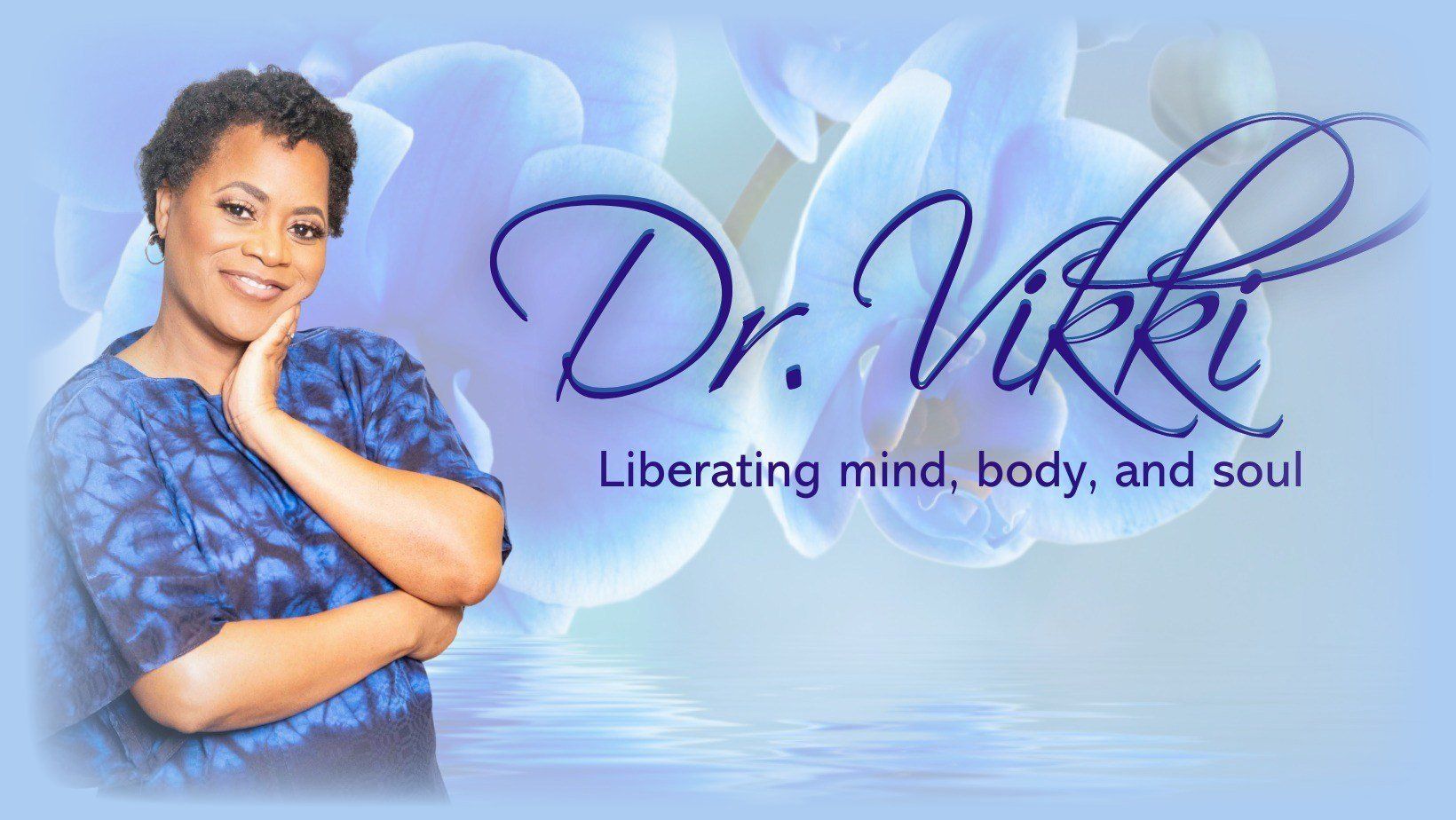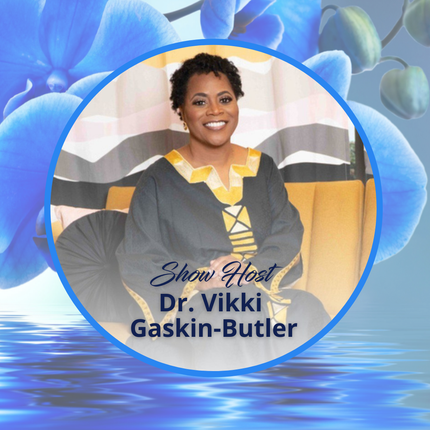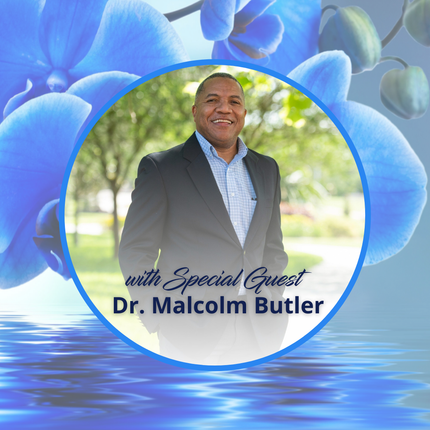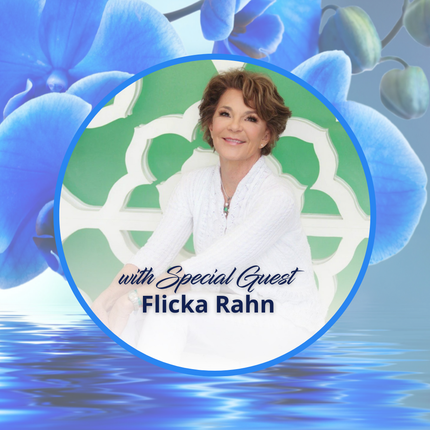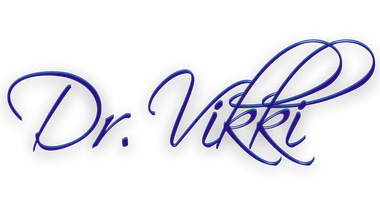Dr. Vikki T. Gaskin-Butler is a licensed psychologist (clinical and health psychology). She draws on her knowledge of human potential from her experience as a psychologist and ordained clergy person to support the psychological, spiritual, and physical well-being of all people. Through her first-hand knowledge of life as a wife, mother, musician, author, professor, clinician, and minister, she has the insight to support the needs of health professionals, clergy, and performing artists.
Specialties
Each of us has a unique set of life experiences.
Our life experiences can be used to transform us into the person we want to be.
Dr. Vikki
My passion is to constantly move toward my own divine potential. Throughout this journey I have experienced struggle, doubt, grief, joy, peace, and all of the emotions that make us human. These emotions and the experiences connected with them have made me more whole as I followed the thread of healing to freedom. These emotional experiences have also created within me a deep well of compassion for others as they journey on their paths to health and wholeness.
Vikki T. Gaskin-Butler, M.Div., Ph.D.
Podcast
Blog
